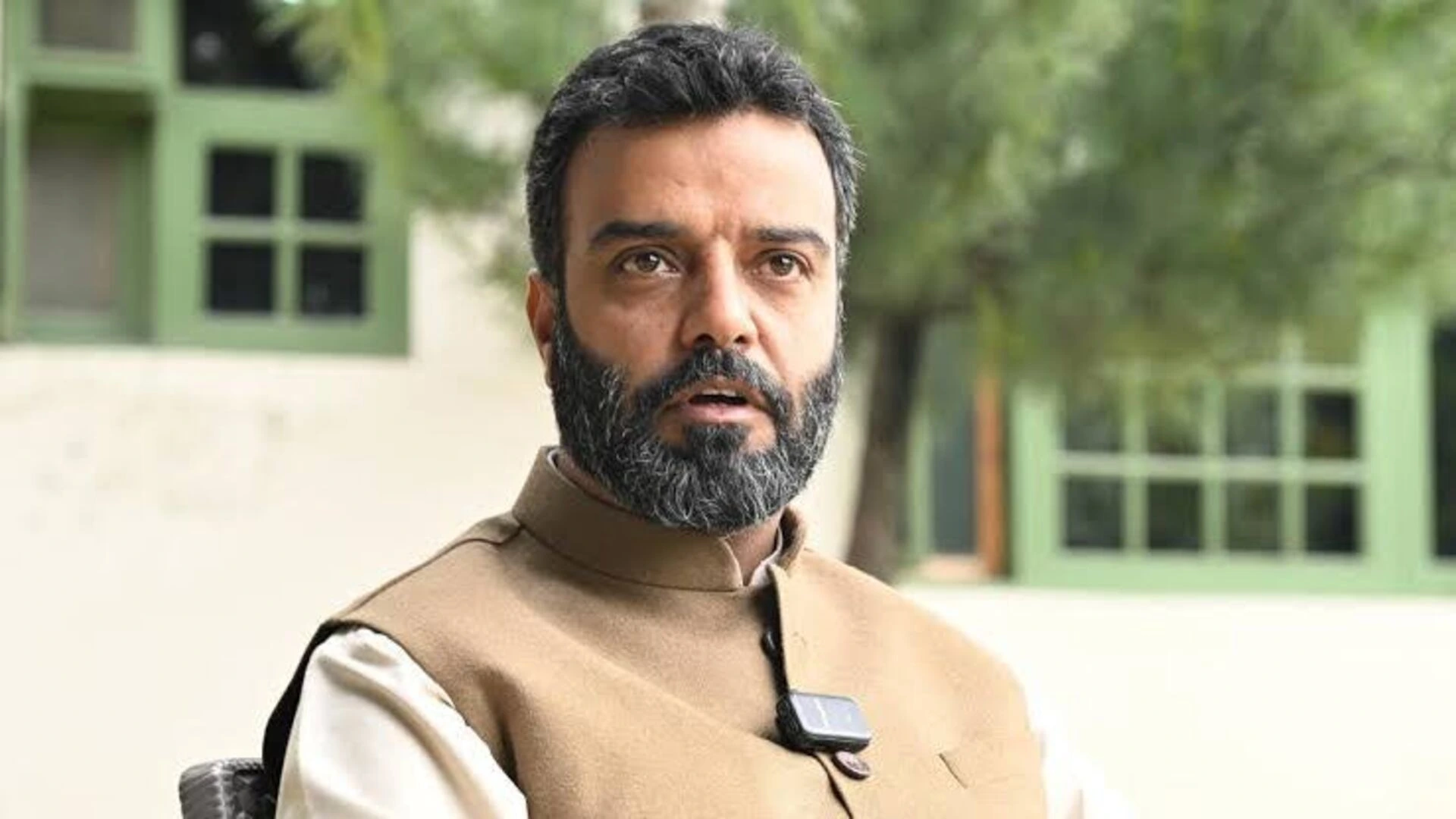Despite living in a society where there is a perpetual need and urge to comprehend everything, something as basic and natural as menstruation is wrapped in ignorance, taboo, and shame. While menstruation is an inevitable aspect of life for millions of girls and women throughout the world, an alarming proportion of them continue to have no access to menstrual hygiene products, which has a direct impact on their physical and more especially, reproductive and mental health. The prevailing social norms often foster misconceptions and prejudices regarding menstruation, influencing how it is perceived and managed. This, in turn, highlights the need for open discussion and menstrual health education among all genders in society.
Menstrual Health Awareness: Need of the hour
Menstruation is considered taboo in many countries and it is connected with so many myths and stigmas that make women perceive it as ‘filthy’ and ‘impure’. This further promotes the widespread belief that women have an inferior status in society. According to UNICEF, only thirteen per cent of girls are aware of menstruation before menarche, demonstrating a lack of education and knowledge about this natural process.
Therefore, it becomes a matter of importance that educational and awareness programs involve males and community leaders to improve social views about menstruation. Furthermore, awareness campaigns can highlight menstruation hygiene’s importance, the challenges women face and the solutions available to them. Schools can also play an important role by adding menstrual health education to their curricula, giving children the right understanding from a young age. Community-based initiatives can even assist in reaching out to women and girls who do not attend school, ensuring they have access to menstrual health education.
Impact of Menstrual Health Awareness on Empowering Women
Menstrual health awareness and open discussion can help empower women in a variety of areas. Some of them are as follows:
Education: Providing extensive education on reproductive health and the importance of a normal menstrual cycle to young individuals to understand and develop a positive mindset towards it and learn how to take care of their bodies during that phase. The instruction material must contain information about the signs and symptoms of common gynaecological issues, as well as guidance on how to maintain good period health and cleanliness habits.
Resources: According to the World Bank, more than 500 million girls and women do not have access to menstrual products and facilities. Considering such a situation, in various nations, many measures have been implemented, such as providing free and sustainable sanitary pads to schoolgirls and even exempting menstrual products from taxes. Improved access to sanitary products in countries such as India would be an important step towards ensuring that every woman has the opportunity to take the best care of her menstrual health.
Workplace: Employers can frame policies to help women manage their menstrual health at work. This includes providing women with a private, comfortable location to change into and discard menstrual products, as well as flexible breaks to accommodate their requirements. Women shouldn’t encounter prejudice at work based on their menstrual cycle, particularly if they are entitled to assistance.
Sustainable and Safe Sanitary Products: In order to positively impact women’s opinions regarding the menstrual cycle, it is critical to provide safe and sustainable period products. These products not only help women maintain a healthy body, but they also benefit the world since they are Reusable. Additionally, these products may be considered a long-term investment, as customers are less likely to use items containing chemicals or toxins, lowering their risk of developing reproductive or sexual illnesses.
The Bottom Line
Menstruation is an essential component of women’s existence, and it is a matter of both social justice and human rights to guarantee that females have access to menstrual health services and products. While the worldwide FemTech industry is predicted to reach USD 60 billion by 2027, it is paradoxical that there is still a need to promote discussions regarding menstruation. The taboos and belief systems around periods affect millions of menstruators worldwide, causing continued agony and prejudice where none should exist. As a result, menstrual health and hygiene should be given global priority, where all genders of society work together to improve the lives of women everywhere.
. Mahipal Singh is the Founder & CEO of Revaa.







